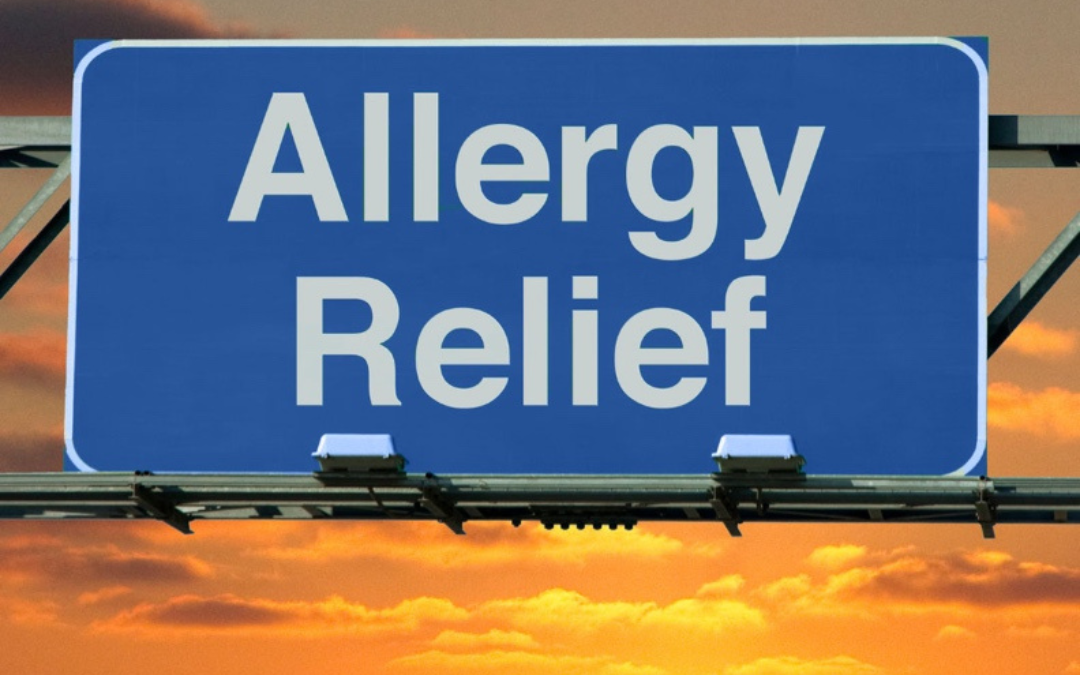Summer is a season synonymous with sunny days, outdoor adventures, and the vibrancy of nature in full bloom. However, for many people, summer also brings an uptick in allergy symptoms that can dampen the joy of warm weather activities. From pollen to insect stings, summer allergies are diverse and pervasive. In this blog, we will explore the common causes of summer allergies, their symptoms, and effective strategies for managing them so you can enjoy the season to the fullest. At Premier Allergy, Asthma, & Sinus Care we care about your well-being and want to help you enjoy Summer to its fullest.
Understanding Summer Allergies
Allergies occur when the immune system overreacts to a substance that is typically harmless to most people, known as an allergen. During the summer months, several allergens are particularly prevalent and can trigger a range of symptoms.
Common Summer Allergens
1. Pollen: Trees, grasses, and weeds release pollen during the summer months, making it the most common trigger for seasonal allergic rhinitis, also known as hay fever. Grass pollen, in particular, peaks during late spring and early summer, causing sneezing, nasal congestion, itchy eyes, and throat irritation.
2. Mold Spores: Warm and humid conditions in the summer create an ideal environment for mold growth. Mold spores can be found both indoors and outdoors, especially in areas like compost piles, grass, and leaf piles.
3. Insect Stings: Insects such as bees, wasps, and hornets are more active during the summer. For individuals with insect venom allergies, stings can cause severe reactions, including swelling, redness, itching, and in extreme cases, anaphylaxis.
4. Dust Mites: Although dust mites are a year-round allergen, their prevalence can increase in the summer due to higher humidity levels. Dust mites thrive in warm, humid environments and can trigger asthma and allergic rhinitis.
5. Pet Dander: Increased outdoor activity with pets can lead to more exposure to pet dander, which can be an allergen for some people. Pet dander can cling to clothes and be carried into various environments, exacerbating symptoms.
Symptoms of Summer Allergies
The symptoms of summer allergies can vary depending on the specific allergen and the individual’s sensitivity. Common symptoms include:
- Sneezing
- Runny or stuffy nose
- Itchy or watery eyes
- Coughing
- Wheezing
- Shortness of breath
- Skin rashes or hives (in the case of insect stings)
- Fatigue
These symptoms can range from mild to severe and can significantly impact daily activities and overall quality of life.
Managing Summer Allergies
While it may be challenging to completely avoid summer allergens, there are several strategies you can employ to minimize exposure and manage symptoms effectively.
Limit Exposure to Allergens
1. Monitor Pollen Levels: Keep an eye on daily pollen counts and try to stay indoors when levels are high, especially during the early morning and late afternoon when pollen levels peak. Various weather websites and apps provide daily pollen forecasts.
2. Keep Windows Closed: Use air conditioning to cool your home and car instead of opening windows, which can let pollen and other allergens inside. Ensure your air filters are clean and changed regularly.
3. Shower After Outdoor Activities: Pollen can stick to your skin and hair, so it’s a good practice to shower and change clothes after spending time outdoors to reduce indoor pollen exposure.
4. Reduce Mold Exposure: Keep indoor humidity levels below 50% using dehumidifiers and air conditioners. Clean areas prone to mold growth, such as bathrooms and kitchens, regularly with mold-inhibiting cleaners.
5. Avoid Outdoor Activities at Peak Pollen Times: Plan outdoor activities for times when pollen levels are lower, such as after a rainstorm or in the evening.
Allergy-Proof Your Home
1. Use High-Efficiency Particulate Air (HEPA) Filters: Install HEPA filters in your home’s air conditioning and vacuum cleaner to trap allergens like pollen, dust mites, and pet dander.
2. Wash Bedding Frequently: Wash sheets, pillowcases, and blankets in hot water weekly to eliminate dust mites and other allergens.
3. Clean and Vacuum Regularly: Keep your home clean and free of dust and pet dander by vacuuming carpets, rugs, and upholstery regularly. Use a vacuum with a HEPA filter for best results.
Medication and Treatment Options
1. Over-the-Counter (OTC) Medications: Antihistamines, decongestants, and nasal corticosteroids are commonly used OTC medications that can help relieve allergy symptoms. Consult with a healthcare provider to determine the best medication for your needs.
2. Prescription Medications: For more severe allergy symptoms, a doctor may prescribe stronger medications, including nasal sprays, eye drops, or oral medications.
3. Allergy Immunotherapy: Also known as allergy shots, immunotherapy involves regular injections of small amounts of allergens to gradually build up tolerance. This can be an effective long-term treatment for some people with severe allergies.
4. Epinephrine Auto-Injectors: Individuals with a history of severe allergic reactions to insect stings should carry an epinephrine auto-injector (such as an EpiPen) and know how to use it in case of an emergency.
Natural and Alternative Remedies
1. Saline Nasal Rinses: Using a saline solution to rinse your nasal passages can help remove allergens and reduce nasal congestion. Neti pots or saline sprays are commonly used for this purpose.
2. Butterbur Extract: Some studies suggest that butterbur, a natural anti-inflammatory herb, may help reduce allergy symptoms. Always consult with a healthcare provider before starting any new supplement.
3. Probiotics: Research indicates that certain probiotics may help improve immune system function and reduce allergy symptoms. Probiotics can be found in foods like yogurt or taken as a supplement.
Summer allergies can be a nuisance, but with the right strategies and treatments, you can manage your symptoms and enjoy the season. By limiting exposure to allergens, maintaining a clean home environment, and using appropriate medications, you can significantly reduce the impact of allergies on your daily life. Remember to consult with Premier Allergy, Asthma, & Sinus Care for personalized advice and treatment options.
Embrace the summer with confidence and make the most of the sunny days ahead, free from the burden of allergy symptoms. Stay proactive, stay informed, and stay healthy!





